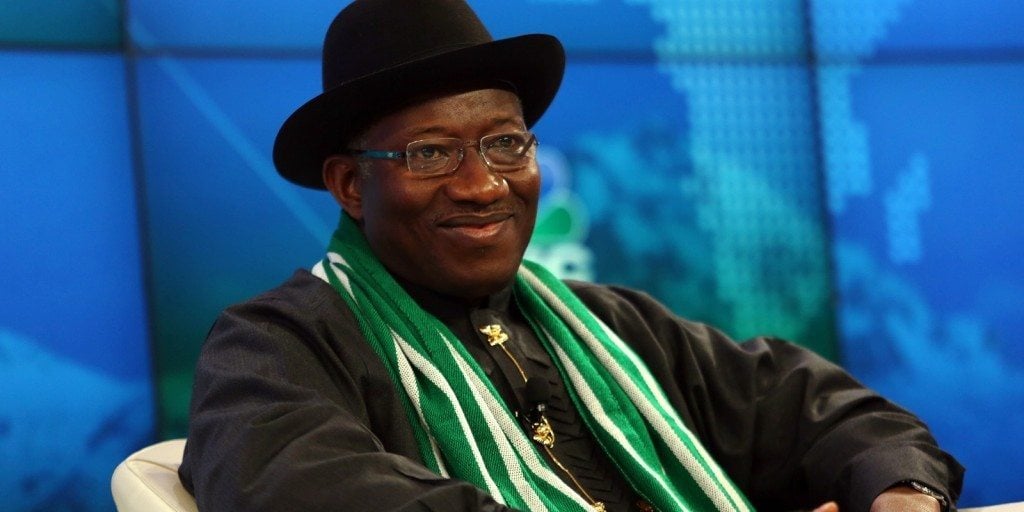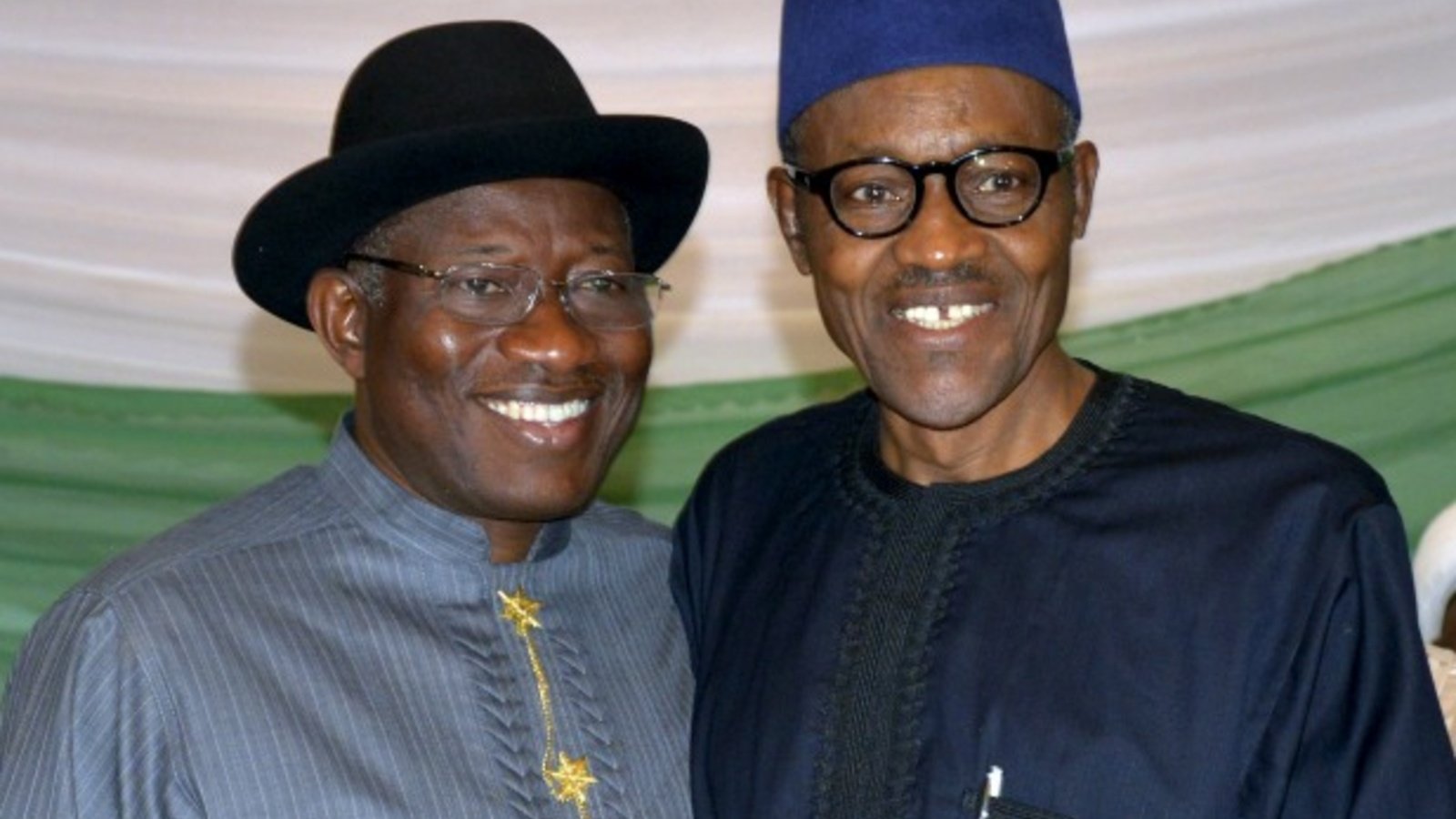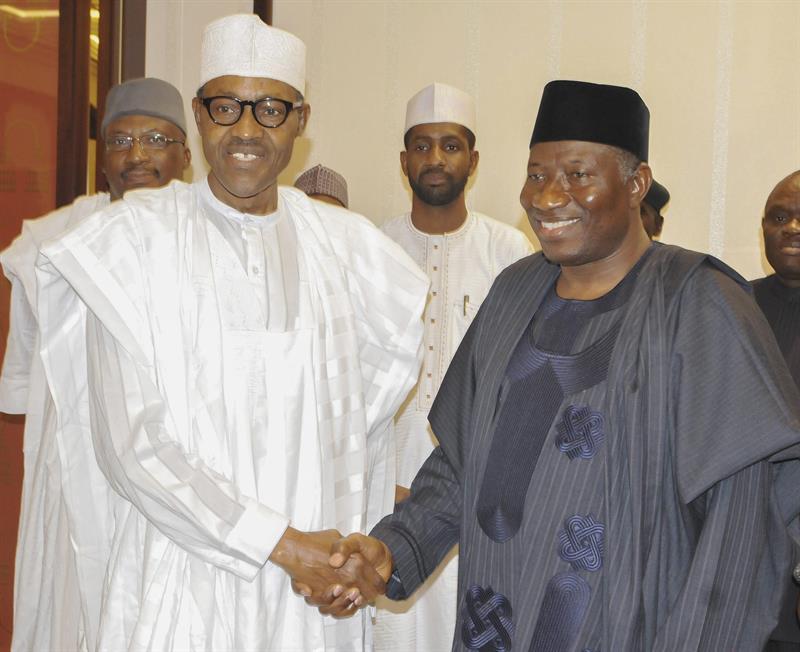Goodluck Jonathan's Historic Gesture: A Beacon Of Democratic Progress In Africa

Recognizing the Courage in Goodluck Jonathan's Decision
When it comes to pivotal moments in African democracy, there’s one name that stands out: Goodluck Jonathan. Recently, the Executive Secretary of the International Supreme Council for Peace Africa, Ambassador Simeon Uwah, took a moment to reflect on Jonathan's monumental choice back in 2015. You see, Jonathan didn't just step aside after a tight race; he set an example that resonates across the continent to this day. His decision to accept defeat was more than a gesture—it was a courageous act of leadership that shaped the future of democracy in Africa.
Setting a New Standard for African Leaders
Let’s take a trip down memory lane. In 2015, Nigeria was at a crossroads. The presidential election was one of the most fiercely contested in the nation’s history, pitting Goodluck Jonathan against Muhammadu Buhari. When the votes were counted, Jonathan did something extraordinary. He didn’t contest the results or let the situation spiral into chaos. Instead, he picked up the phone and called Buhari to congratulate him. This simple act of grace and humility sent shockwaves across the globe, earning Jonathan widespread praise and respect.
But here's the thing: this wasn’t just about losing gracefully. It was about safeguarding the peace and stability of a nation. Ambassador Uwah put it perfectly during a press conference in Uyo, marking the tenth anniversary of this historic moment. He said, "On March 31, 2015, exactly 10 years ago today, former Nigerian President Goodluck Jonathan made history by conceding defeat to Muhammadu Buhari after a fiercely contested presidential election." It was a defining moment, one that showcased the maturity of African democracy and reminded the world that power doesn’t always have to come at the cost of peace.
Read also:When Stars Fall For Regular Joes Meet The Hunky Husbands Of Some Famous Actresses
A Blueprint for Democratic Governance
Jonathan’s phone call wasn’t just a formality—it was a deliberate choice to prioritize the well-being of his country over personal ambition. Ambassador Uwah emphasized, "His phone call to Buhari was not merely a gesture of sportsmanship—it was a purposeful step towards ensuring peace. This single act helped avert post-election violence, saved countless lives, and strengthened Nigeria’s democratic standing on the global stage." In a region where leaders often cling to power, Jonathan’s decision was a breath of fresh air, proving that leadership isn’t just about holding onto the reins but knowing when to let go for the greater good.
As Africa faces ongoing political challenges, from military coups in Guinea to democratic backsliding in Sudan, Jonathan’s example remains more relevant than ever. Uwah stressed, "As Africa grapples with political instability, Jonathan’s approach remains a crucial blueprint for democratic governance and reforms. If leaders fail to follow this path, the continent risks facing even greater challenges." It’s not just about transitioning power—it’s about doing so peacefully, with the best interests of the people in mind.
Learning from the Past to Shape the Future
Ambassador Uwah went on to propose that Jonathan’s peaceful concession should be studied as a model for governance and leadership training across Africa. It’s not just about teaching leaders what to do but showing them how to do it. He urged organizations like the African Union and the Economic Community of West African States to formalize peaceful transfers of power, making them a standard practice. Political transitions, Uwah argued, should be marked by collaboration, not conflict. Leaders must prioritize bipartisanship and national reconciliation, ensuring that their actions reflect the values they claim to uphold.
In closing, Uwah reminded us of Jonathan’s powerful words from that historic moment: "My ambition is not worth the blood of any Nigerian." It’s a sentiment that every leader should embrace—not just in speeches but in their actions. As Africa continues to navigate the complexities of modern politics, Jonathan’s legacy serves as a guiding light, showing us that true leadership is about making the tough choices for the greater good. Let’s hope more leaders follow in his footsteps.
Natasha Akpoti's Birthday Marked With Community Projects Amidst Political Tensions
Breaking: Dani Olmo And Pau Victor Cleared To Play For Barcelona
Nigeria's Fuel Future Hangs In The Balance Amid Uncertainty


